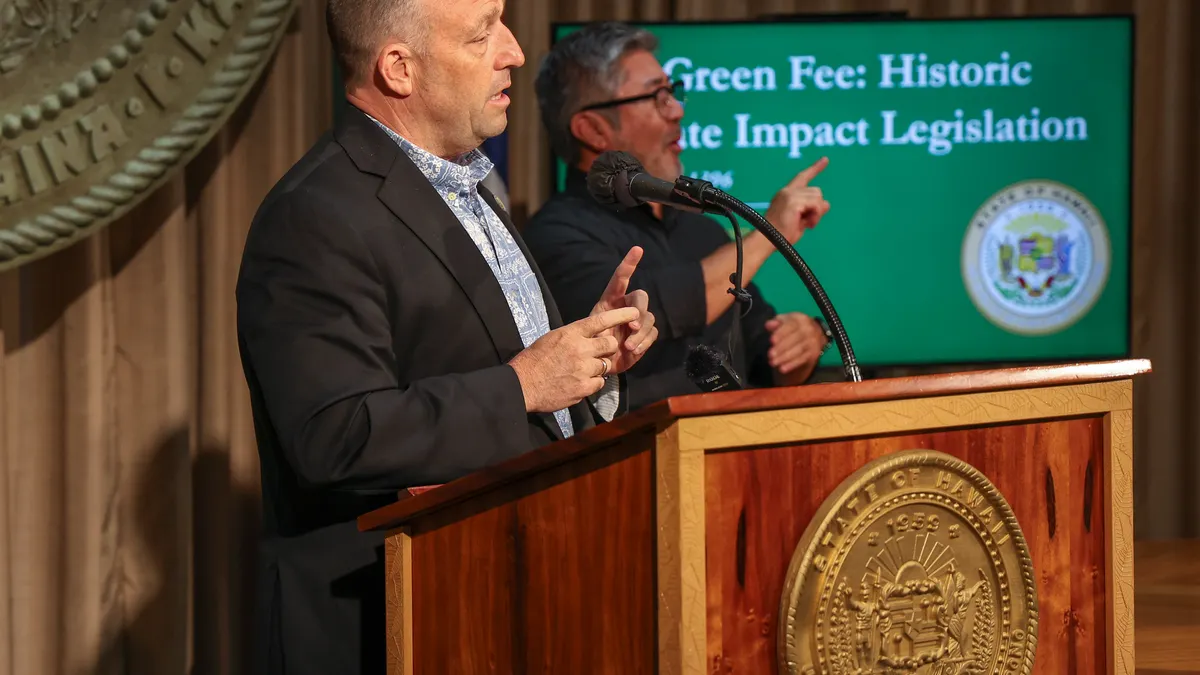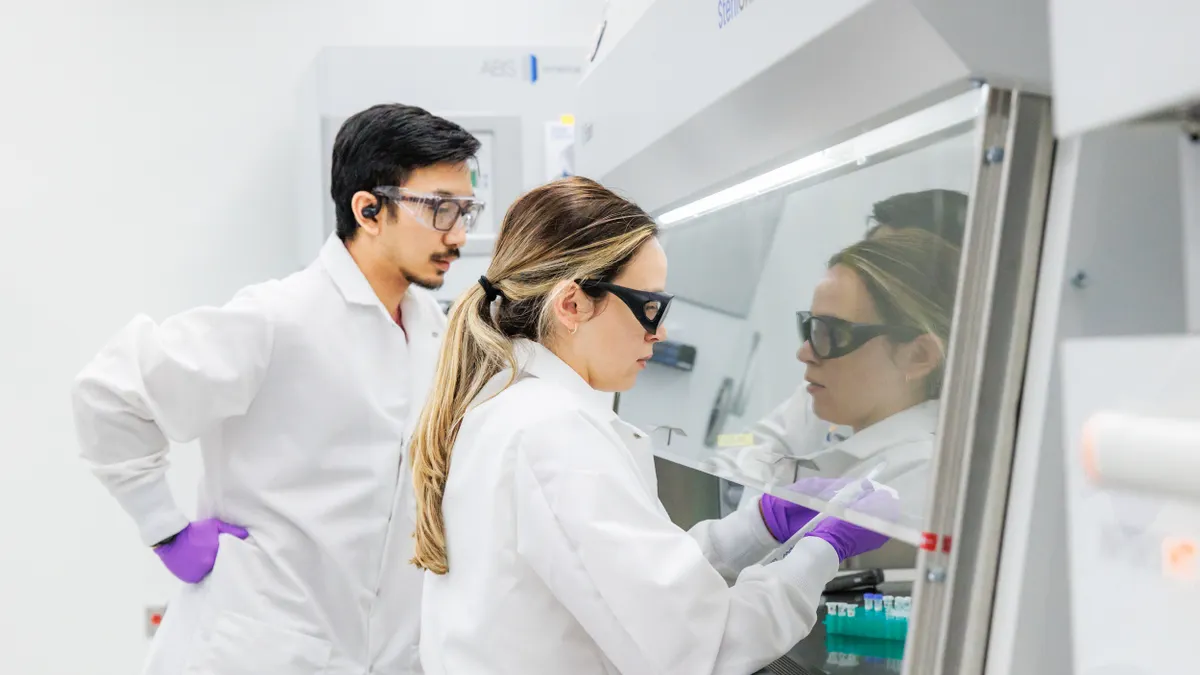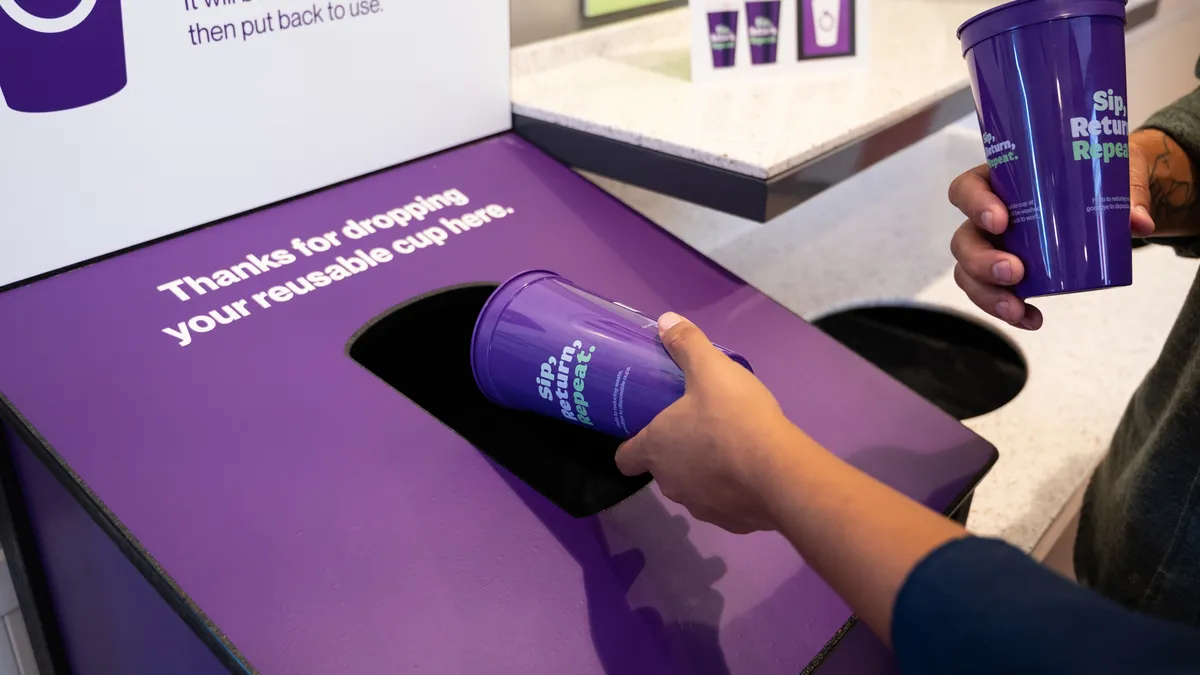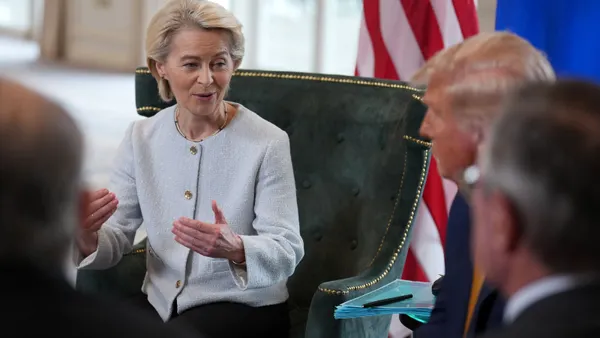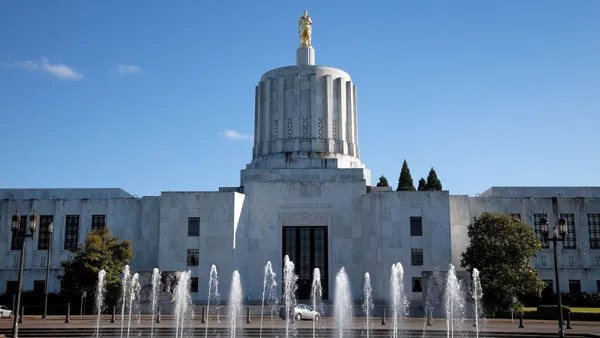Hawai'i Gov. Josh Green last week signed HB750, which requires the state’s Department of Health to conduct a needs assessment related to recycling, due to the legislature by the end of 2027.
Specifically, the state aims to determine what’s needed to reduce waste, improve and increase recycling collection and reuse, and “expand local processing of materials through an extended producer responsibility program for packaging materials and paper products.” The legislation noted that state landfills were nearing capacity.
The study will be backed by $1.5 million in annual funding in fiscal years 2026 and 2027.
The law will establish an advisory council to review the draft needs assessment and propose recommendations throughout the process. The assessment will entail waste and recycling characterizations and look at collection and processing infrastructure. It will also assess markets, education, contamination, packaging materials, equity and environmental justice, possible diversion targets, producer definition and more.
The council will include representatives of waste, recycling, compost, reuse and refill operations, and other businesses. There will also be a representative from a national producer or producer trade association. In supporting the study bill in January, Ameripen wrote that it would like to see a producer responsibility organization work on the needs assessment.
Hawai'i has been a state to watch for packaging EPR legislation for several years. State Rep. Nicole Lowen, who backed this year’s HB750, championed an EPR bill in 2021. Trying again in 2022, Lowen and other proponents advanced a bill through both legislative chambers, but ran out of time to reconcile and pass legislation before the session adjourned. 2023 saw competing packaging EPR proposals in Hawai’i.
With a more moderate approach this year, Hawai'i now follows in the footsteps of some other states that have taken the needs assessment-first approach to packaging EPR.
In one example, Maryland passed a law in 2023 calling for an advisory group to deliver EPR policy recommendations to the state’s legislature. In May 2025, the state adopted an EPR law that will have producers reimbursing at least 90% of recycling costs come 2030.
At the same environment and climate-themed bill signing on May 27, Green spotlighted a new law that will establish a “climate impact fee” by increasing the transient accommodations tax, including on cruise ships, starting in 2026.
“The Green Fee addresses the critical need to build resiliency against the impacts of climate change by providing a stable source of funding for environmental stewardship, hazard mitigation and sustainable tourism,” the governor’s office said.



